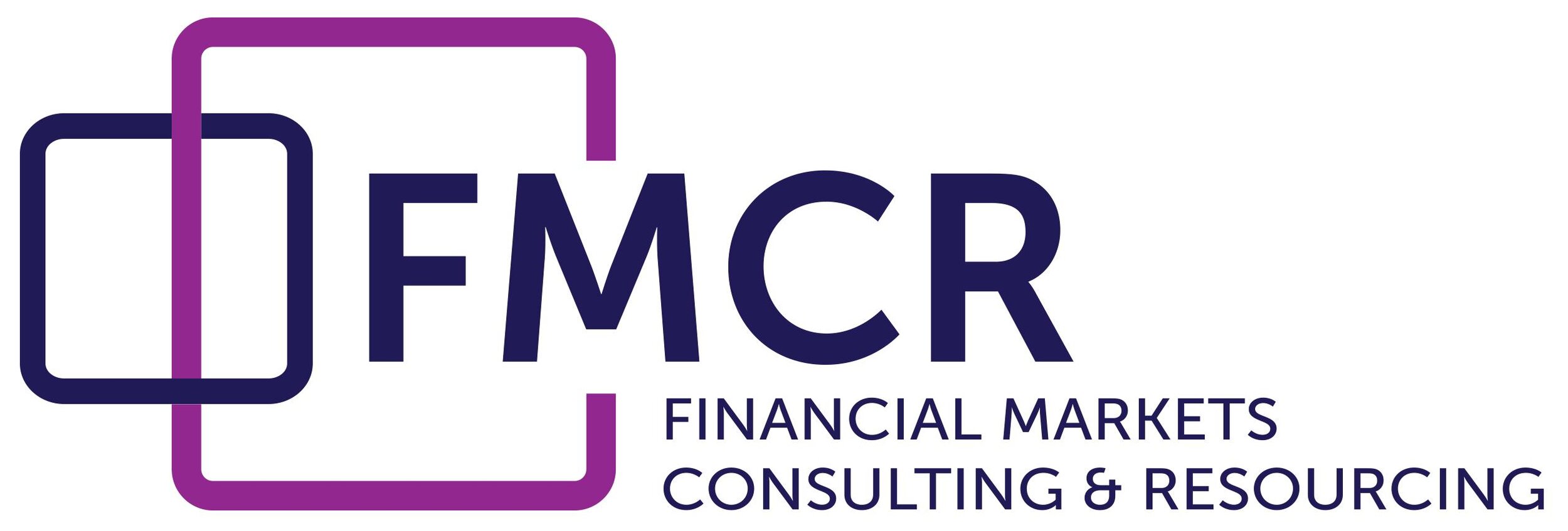Were ADRs used for Cum-Ex Trading?
Since 2017, the SEC has issued monetary settlements totalling over $432mm across 15 institutions and it has yet to be revealed how many other institutions are still under investigation.[1]
The SEC states in one related filing that:
“the structured transaction was priced by splitting up portions of the foreign tax that was not paid on the dividend.”
This sounds very much like the signature of a Cum-Ex transaction. Deutsche Bank previously reported to German tax authorities that abusive pre-release ADR practices may have allowed its clients to make dividend tax claims on shares they did not own.[3] Examples mentioned in the SEC claims include issuers of French and Portuguese ADRs.
ADRs and “pre-release” ADRs
ADRs - first issued in 1927 for British department store Selfridges - allow US investors to invest in non-US companies via a US exchange. These dollar denominated instruments are created and backed by the foreign shares held by a US Depositary. ADRs entitle holders to dividends and other rights as any normal shareholder in the foreign company.
Pre-release ADRs are issued by the Depositary to financial institutions acting as Pre-Release Brokers before shares are actually held by the Depositary - the historic rationale was to address settlement time disparities that could delay delivery of the shares. Once issued, pre-release ADRs appear no different to other ADRs and can be freely traded.
Legal agreements that govern these instruments require that a party involved in pre-release ADRs must hold the shares in the foreign company - a critical point - to not inflate the total number of a foreign issuer’s tradeable securities.
If every institution involved expect their counterparty to hold the shares in the foreign company, were these ADRs backed by “phantom shares” - an illusion of shares created out of thin air where withholding tax were never paid?
This would create the opportunity for duplicated tax reclaims.
Pre-release ADR Settlements - Who is involved?
The SEC has fined a variety of participants including Depositary banks, Pre-Release Brokers and Securities Lending desks for the misuse and lack of supervision of pre-release ADRs which resulted in abusive practices facilitating short selling and dividend tax arbitrage.
Improper handling involved institutions either making false certifications of ownership to the foreign issuer’s shares or accepting the certifications despite there being reasonable doubt as to the existence of the actual shares that were required to be held. In fact, the SEC have gone as far to point out that it would not have made any economic sense to any of the parties involved to pay the additional fees involved in pre-release ADRs if the ADRs had been backed by real shares.
The pre-release ADRs frequently occurred over foreign company’s dividend dates and the pricing between the different participants were based on a percentage of the dividend amount. This involved parties splitting the withholding tax on the dividend that was never paid to the foreign tax authorities.
It is not clear where this variant of the Cum-Ex trade has been considered by the European Tax authorities or by institutions investigating the extent of their own Cum-Ex activity. However, the apparent ingenuity of traders in devising ever more complex structures to create and obscure their Cum-Ex trades means this is unlikely to be the last word on the issue.
The first Cum-Ex piece was published by FMCR in September 2019 and explored which participants were involved in the more publicised version of Cum-Ex trading via shares and futures.
FMCR is an industry-recognised equity dividend arbitrage expert and is currently undertaking multi-faceted investigations into widely publicised activities in various European markets.
For more information, please contact Aysha Suzuki (ayshasuzuki@fmcr.com)

